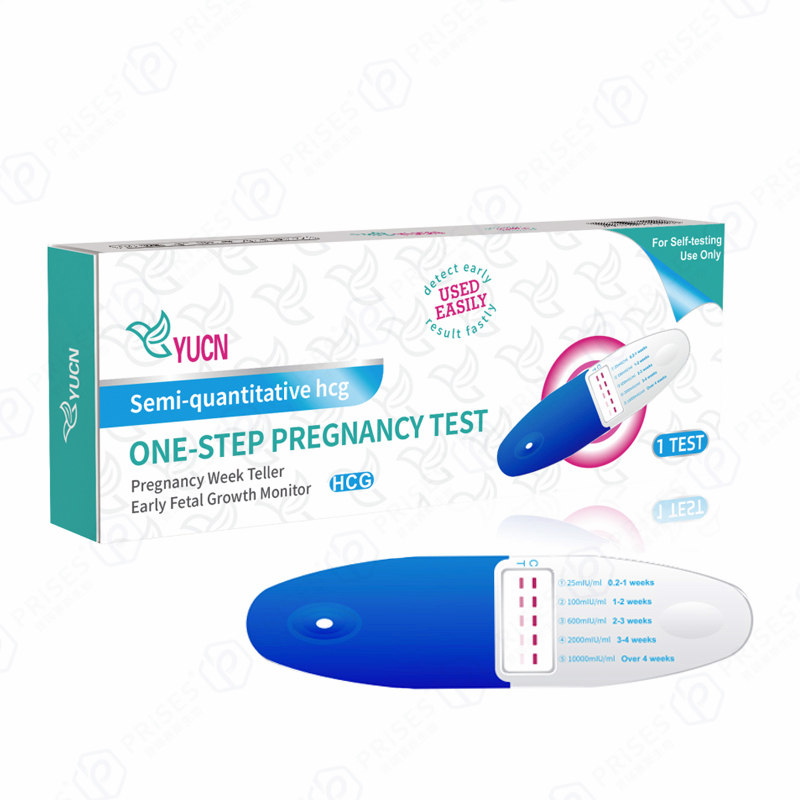Nov . 11, 2024 04:18 Back to list
Affordable HCV Blood Testing Solutions for Wholesale Distribution and Healthcare Providers
Understanding Wholesale HCV Blood Tests A Comprehensive Overview
Hepatitis C is a viral infection that primarily affects the liver and can lead to severe liver damage, cirrhosis, and even liver cancer if left untreated. As awareness of Hepatitis C continues to grow, so does the demand for effective testing methods. One emerging trend in this landscape is the wholesale distribution of Hepatitis C virus (HCV) blood tests, a development that promises to enhance accessibility and affordability for patients and healthcare providers alike.
The Importance of HCV Testing
Detecting HCV in its early stages is crucial for effective treatment and management. Unfortunately, many individuals remain unaware of their HCV status, often due to a lack of accessible testing options. Traditional testing methods can sometimes be cost-prohibitive, particularly for lower-income patients or in regions with limited healthcare resources. This is where wholesale HCV blood tests come into play.
Wholesale distribution allows manufacturers and suppliers to offer HCV testing kits at reduced prices, making it feasible for healthcare providers to implement screening programs. These programs are particularly vital in high-risk populations, including those with a history of intravenous drug use, individuals on hemodialysis, and those who have received blood transfusions before widespread screening of the blood supply began in the 1990s.
Benefits of Wholesale HCV Blood Tests
1. Cost-Effectiveness By offering HCV tests at wholesale prices, suppliers can reduce the financial burden on clinics and hospitals, ensuring that more people can access necessary screenings. This is particularly important in rural or underserved areas where healthcare budgets are tight.
2. Increased Accessibility With lower costs, healthcare providers can stock more HCV tests, allowing for widespread and routine screening. This can lead to earlier detection of the virus and improved patient outcomes.
wholesale hcv blood test

3. Better Public Health Outcomes By facilitating greater access to HCV testing, wholesale distribution can help in the fight against the Hepatitis C epidemic. Early detection is key to reducing the transmission of the virus and preventing severe liver-related complications.
4. Streamlining Supply Chains Wholesale distribution can simplify the procurement process for healthcare providers. By dealing with fewer suppliers and bulk purchasing, clinics can manage their stock more effectively and ensure they have the necessary resources on hand to meet patient needs.
Challenges and Considerations
While the wholesale model presents many benefits, it is not without challenges. Quality control is critical; healthcare providers must ensure that they are sourcing blood tests that meet stringent regulatory standards to avoid false positives or negatives, which could lead to misdiagnosis and inappropriate treatment. Transparency in the sourcing process is essential, and healthcare providers should have confidence in the reliability of the tests they are using.
Moreover, education and training for healthcare professionals on the importance of HCV testing and how to interpret results are crucial components of successful implementation. Alongside the availability of tests, robust systems for patient follow-up and treatment referral will help maximize the benefits of increased testing.
Conclusion
The wholesale distribution of HCV blood tests represents a significant step forward in making Hepatitis C testing more affordable and accessible. By addressing the barriers to testing, we can enhance early detection, improve patient outcomes, and ultimately reduce the impact of Hepatitis C on public health. As the healthcare landscape continues to evolve, embracing innovative approaches like this will be vital in our ongoing battle against viral infections and their associated health consequences.
-
Accurate Cocaine (Coc) Rapid Test Kit | Fast & Reliable Detection
NewsJul.31,2025
-
Accurate HCG Pregnancy Test Strips | Fast Home Use Kit
NewsJul.31,2025
-
Reliable Early Pregnancy Test Kit Supplier - Multi Plastic Cassette Options
NewsJul.30,2025
-
Transferrin Rapid Test Cassette – Reliable Tumor Marker Detection
NewsJul.29,2025
-
Accurate Follicle Stimulating Hormone Test Kit | Rapid Reliable Results
NewsJul.29,2025
-
High Accuracy LH Ovulation Test Kit - Digital Results & Wholesale Options
NewsJul.29,2025

